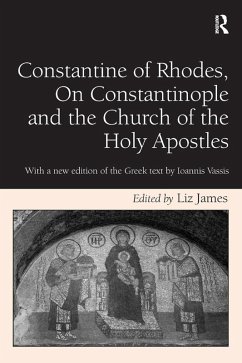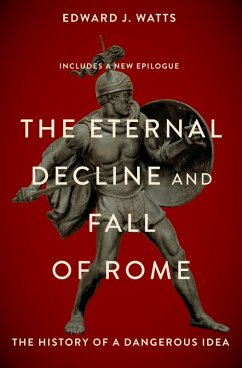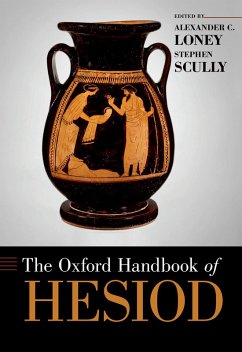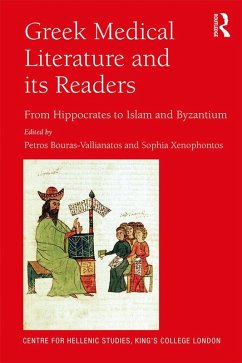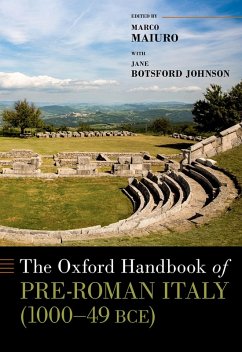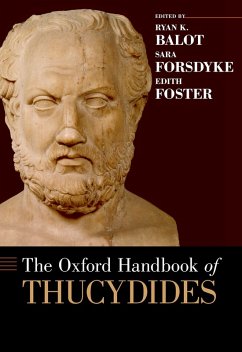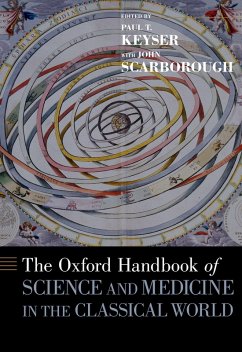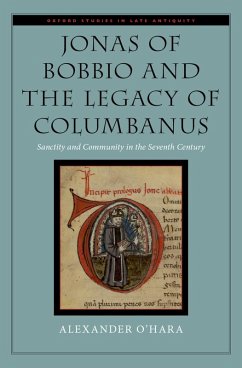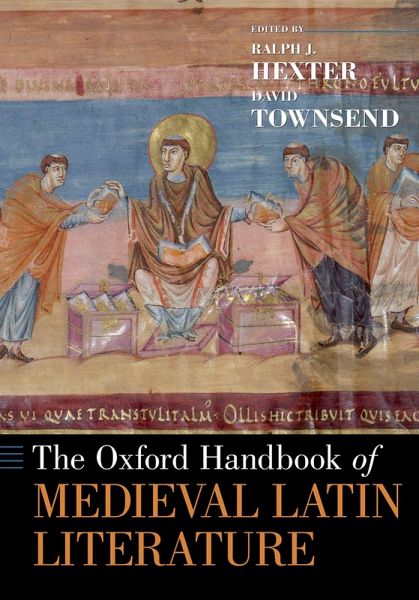
The Oxford Handbook of Medieval Latin Literature (eBook, PDF)

PAYBACK Punkte
11 °P sammeln!
The twenty-eight essays in this handbook represent the best current thinking in the study of Latin language and literature in the Middle Ages. Contributing authors--both senior scholars and gifted younger thinkers among them--not only illuminate the field as traditionally defined but also offer fresh insights into broader questions of literary history, cultural interaction, world literature, and language in history and society. Their studies vividly illustrate the field's complexities on a wide range of topics, including canonicity, literary styles and genres, and the materiality of manuscript...
The twenty-eight essays in this handbook represent the best current thinking in the study of Latin language and literature in the Middle Ages. Contributing authors--both senior scholars and gifted younger thinkers among them--not only illuminate the field as traditionally defined but also offer fresh insights into broader questions of literary history, cultural interaction, world literature, and language in history and society. Their studies vividly illustrate the field's complexities on a wide range of topics, including canonicity, literary styles and genres, and the materiality of manuscript culture. At the same time, they suggest future possibilities for the necessarily provisional and open-ended work essential to the pursuit of medieval Latin studies. The overall approach of The Oxford Handbook of Medieval Latin Literature makes this volume an essential resource for students of the ancient world interested in the prolonged after-life of the classical period's cultural complexes, for medieval historians, for scholars of other medieval literary traditions, and for all those interested in delving more deeply into the fascinating more-than-millennium-long passage between the ancient Mediterranean world and what we consider modernity.
Dieser Download kann aus rechtlichen Gründen nur mit Rechnungsadresse in A, B, BG, CY, CZ, D, DK, EW, E, FIN, F, GR, HR, H, IRL, I, LT, L, LR, M, NL, PL, P, R, S, SLO, SK ausgeliefert werden.





